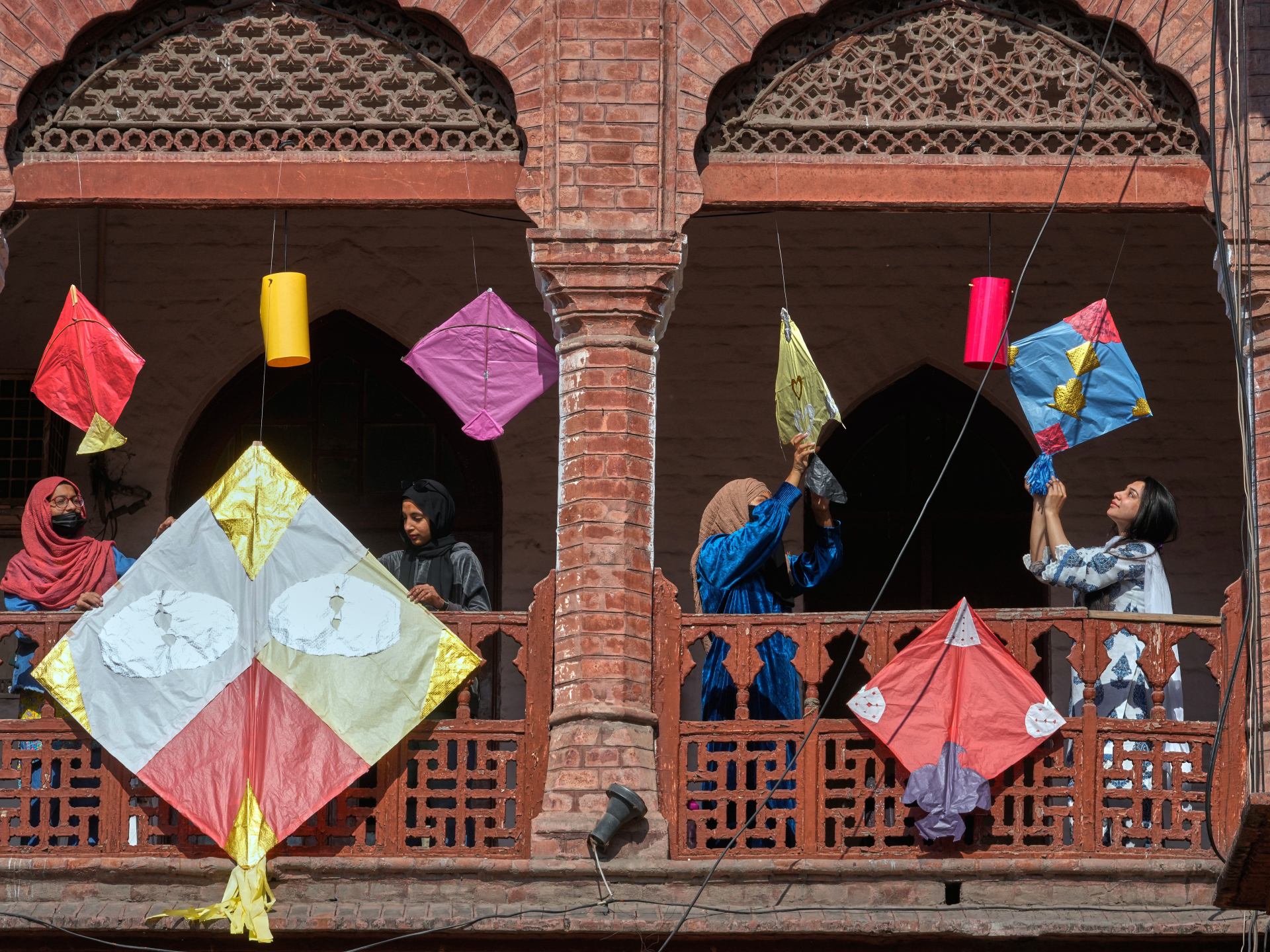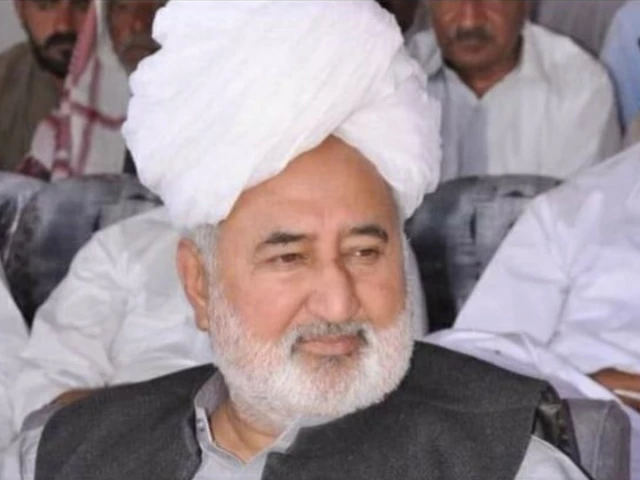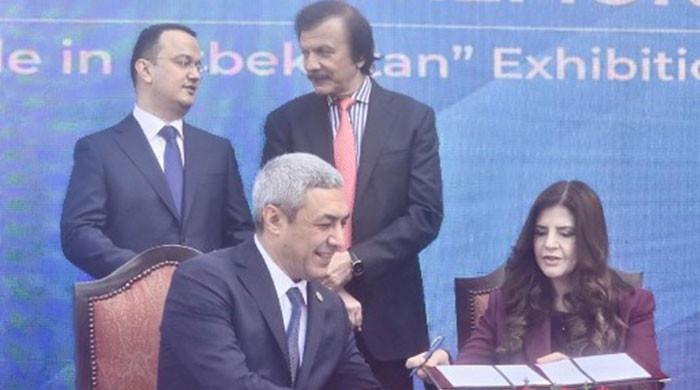Lahore, Pakistan – As the clock struck midnight between Thursday and Friday, Lahore’s sky erupted in fireworks as the crowds that gathered along one of the city’s main avenues cheered in jubilation.
Amid the commotion, Aamer Iqbal, a…

Lahore, Pakistan – As the clock struck midnight between Thursday and Friday, Lahore’s sky erupted in fireworks as the crowds that gathered along one of the city’s main avenues cheered in jubilation.
Amid the commotion, Aamer Iqbal, a…

The Islamabad High Court (IHC) has suspended the operation of a…

Pakistan’s Cotton House, a global textile sourcing…

The FBR’s performance has deteriorated despite distributing 1,000 cars and increasing salaries by up to 400% to incentivise officers to perform better. Photo: AFP

The United States has earmarked $1.3 billion for Reko Diq copper…